Rolling Out the Welcome Mat
5 Key Strategies to Welcome, Value, and Include New Employees

TOP 5 EMPLOYEE ONBOARDING STRATEGIES TO BOOST RETENTION & PRODUCTIVITY IN 2024
Written by Ryan P. Collins, MBA, PHR, SHRM-CP
Jan 24, 2024 | Employee Relations
Employee onboarding is the process through which new hires are integrated into an organization, involving orientation and training to help them understand their role, the company culture, and the expectations. A successful onboarding experience is comprehensive and engaging, ensuring that newcomers feel welcomed and informed. It includes clear communication of job duties, introduction to team members, and provision of essential tools and resources. Effective onboarding also involves regular feedback and support during the initial period, fostering a sense of belonging and alignment with the company's goals and values. This approach not only helps new employees become productive more quickly but also contributes to their long-term job satisfaction and retention.
In a world where first impressions are everything, it's crucial for businesses to onboard new team members effectively. Not only does this set the tone for their journey with your organization, but it also yields some pretty sweet ROI. According to the Brandon Hall Group, organizations with a strong onboarding process improve new hire retention by 82% and productivity by over 70%. That's like adding a turbo boost to your team’s efficiency! Wondering how to develop onboarding strategies that turbo boost your team? Here’s five key strategies to welcome, value, and include new employees:
1. A Personalized Welcome Experience
Each new hire is as unique as a craft beer, and their onboarding should reflect that. Customizing the process to individual needs isn’t just thoughtful; it's strategic. Personalization leads to increased employee engagement and job satisfaction. Imagine a workplace where everyone feels like they belong — it’s like finding that perfect local cafe where the barista knows your order. Gallup reports that engaged employees show 23% greater profitability. By personalizing the onboarding experience, companies see lower recruitment costs due to increased retention. Plus, happy employees are productive employees, boosting your bottom line as effectively as a strong cup of coffee. Gallup’s data shows happy employees who enjoy their workplace contributing to a 17% increase in organizational productivity.
2. Mentorship Programs
Think of mentorship programs as your workplace GPS — like having a knowledgeable guide on a hike through unfamiliar trails. Pairing new hires with experienced mentors can make all the difference, helping to navigate the ins and outs of their new role and the company culture. New employees learn the ropes faster and adapt to the company culture more smoothly, accelerating the learning curve. According to study conducted by Deloitte, millennials planning to stay with their employer for more than five years are twice as likely to have a mentor (68%), proving the long-term value of these programs. Mentorship leads to improved performance and faster contributions to company goals. It’s also an excellent tool for developing future leaders, fostering a sustainable leadership pipeline.
3. Inclusive Team Building Activities
What’s better than a team that works well together? A team that plays well together! Team building activities are the social glue of a workplace. Organizing inclusive activities fosters teamwork and a true sense of unity and inclusion. These activities break down barriers and build a tight-knit community, similar to a neighborhood block party where everyone's invited. With stronger team cohesion comes higher productivity – think of it as a well-oiled machine. When employees have a sense of belonging in their workplace, it significantly benefits the company financially. A recent HBR study revealed that a strong sense of belonging is associated with a remarkable 56% improvement in job performance, a 50% decrease in the likelihood of employees leaving, and a 75% reduction in the number of days taken off due to illness. In the case of a company with 10,000 employees, these factors can lead to annual savings exceeding $52 million.
4. Continuous Feedback and Support
Regular check-ins and open communication are like the regular watering of a garden. It ensures new employees grow in the right direction and thrive. This approach helps to nip issues in the bud and adapt the onboarding process as needed. It empowers employees to take charge of their growth, much like a gardener tending to their plants. According to HBR, 72% of employees think their performance would improve with more feedback. Continuous feedback leads to enhanced performance and fewer mistakes — think fewer burnt cookies in the company bake-off. It also fosters a culture of innovation and continuous improvement.
5. Recognition and Rewards Programs
Everyone likes to feel appreciated, right? Acknowledging and recognizing the contributions of new employees is like giving a high-five for a job well done. This not only motivates employees but also validates their efforts in navigating and finding success in their new role. A study by the APA found that 93% of employees who reported feeling valued by their organization were motivated to perform their best at work. It’s like a cheering crowd at a football game; it boosts morale and encourages positive behavior. Increased motivation leads to higher output, and recognizing employee efforts reinforces a positive work environment. It’s the thank you note that keeps on giving.
Effective onboarding strategies are key to any successful organization, just as crucial as a strong foundation is to a skyscraper. Implementing these strategies not only improves employee satisfaction but also drives long-term organizational growth. Remember, happy employees lead to a growing business — it's a win-win! Looking for more insights on nurturing your team? Browse more Synergy Insights and get in touch with us to explore the best onboarding strategies for your thriving team.

Authored by
RYAN P. COLLINS, MBA, PHR, SHRM-CP
Principal, Synergy Consulting Group
With more than 10 years of multi-state executive HR leadership experience, Ryan brings a proven track record of transforming routine people operations into a competitive advantage, boosting bottom lines, and molding high-performance cultures. Throughout his career, Ryan has successfully developed and implemented large-scale HR and people operations plans and strategies for both domestic and international organizations, across several industries with 50-5,000 headcount.
As the Principal Consultant at Synergy Group, Ryan directs, manages, and conducts comprehensive employee relations, internal communications, internal crisis management, and workplace investigations consulting for diverse clients across various industries. Leveraging his strategic insights and extensive HR expertise, Ryan advises on and executes high-impact initiatives that enhance workplace harmony, engagement, and productivity.
Ryan holds a Bachelor’s degree in Business and HR Management from the University at Buffalo and an M.B.A. in International Business and HR Management from Medaille College. He then continued to complete two Post-graduate certificates from Cornell University in Employee Relations and Investigations, and Strategic Human Resources Leadership. Ryan is certified as a Professional in HR Management (PHR) by HRCI and a SHRM-Certified Professional (SHRM-CP) with a Specialty Credential in Workplace Investigations, and is also a Certified EEO Investigator with the United States EEOC.

Ready to Work with Synergy?
Schedule a conversation and receive a complimentary Risk & Needs Assessment.
No obligation, no hard sales pitch.





